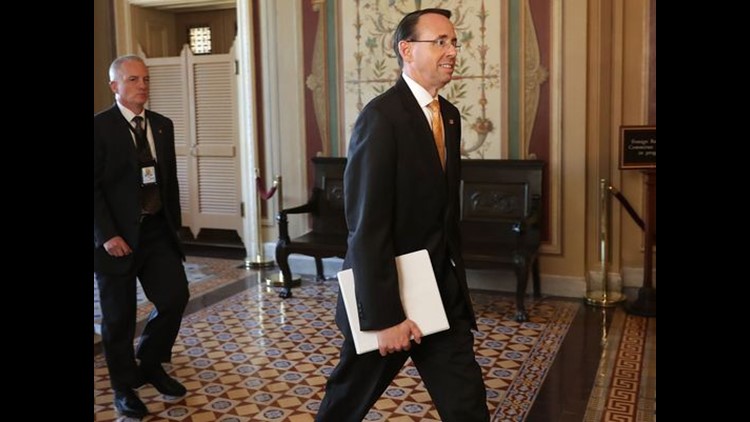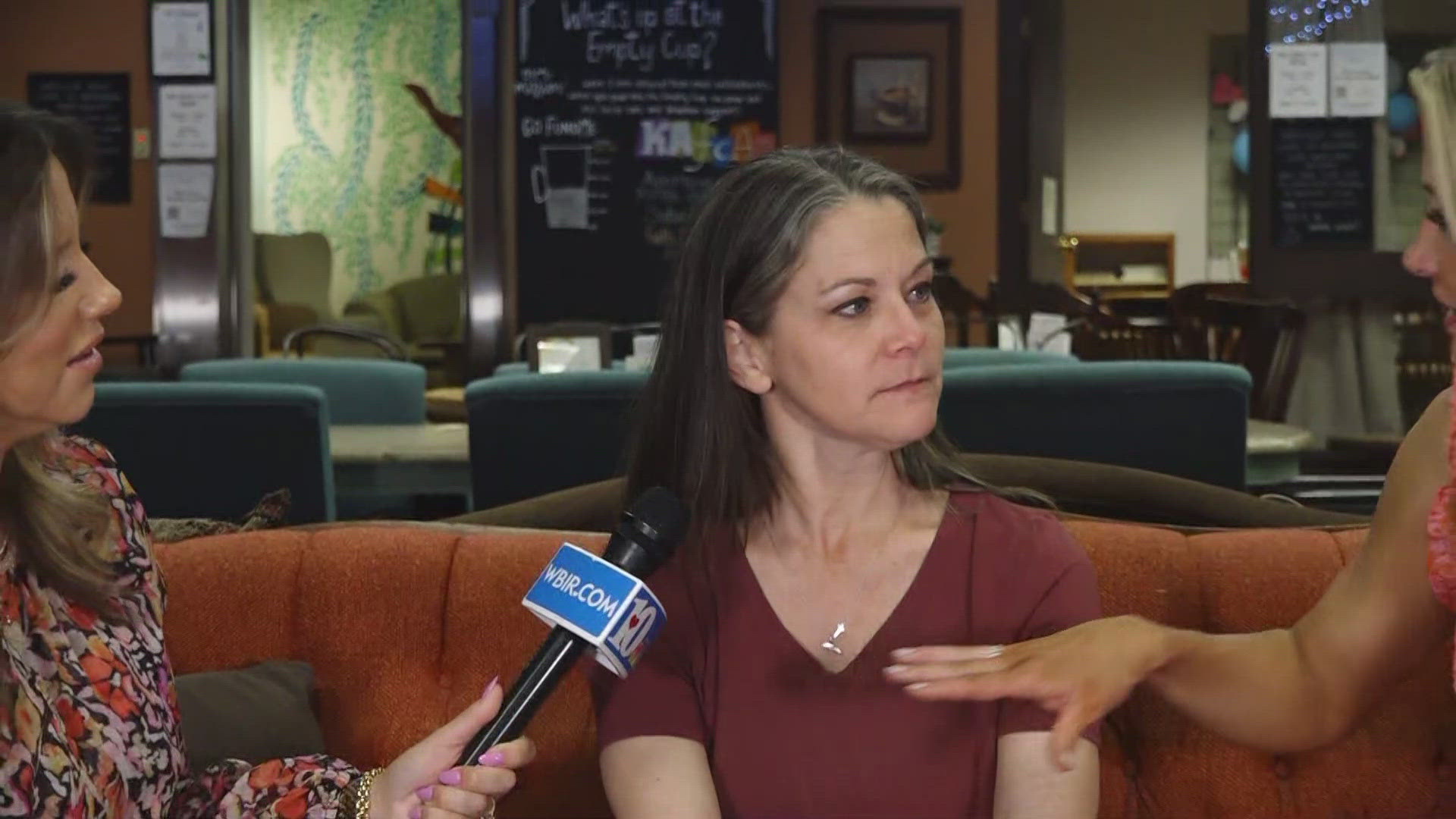Deputy Attorney General Rod Rosenstein affirmed his support for Russia special counsel Robert Mueller on Tuesday, despite recent suggestions that President Trump was weighing Mueller's dismissal.
Rosenstein, who appointed Mueller last month and has the authority to remove him, told a Senate Appropriations subcommittee that he saw no cause for Mueller's dismissal.
"Director Mueller is going to have the full independence he needs to conduct that investigation,'' Rosenstein said.
The deputy attorney general's testimony comes after Trump friend and Newsmax CEO Chris Ruddy said Monday that Trump was considering "terminating'' the special counsel who is overseeing the Justice Department's wide-ranging inquiry into possible collusion between the Trump campaign and Russian officials.
"I think he's weighing that option,'' Ruddy said in an interview with the PBS NewsHour.
The authority to appoint a special counsel fell to Rosenstein, after Attorney General Jeff Sessions recused himself from the Russia case because of his failure to disclose during his January confirmation hearing pre-election meetings he had Russian ambassador Sergey Kislyak.
Sessions, who had been slated to testify before the Senate budget panel, will appear later Tuesday before the Senate Intelligence Committee investigating Russian interference in the 2016 elections. The attorney general is expected to be closely questioned about his contacts with Kislyak and his role in last month's firing FBI director James Comey.
Still, top Democrats on the Senate Appropriations subcommittee fumed that Sessions had abruptly canceled his appearance there, with Sen. Patrick Leahy, D-Vt., suggesting that the attorney general was "cowering'' in the face of tough questioning.
"I won't mince words,'' Leahy told Rosenstein on Tuesday. "You are not the witness we were supposed to hear from today. That witness is the attorney general of the United States.''
New Hampshire Sen. Jeanne Shaheen, the subcommittee's top Democrat, said she also was "troubled'' by Sessions' cancellation.
"The attorney general is still responsible for answering critical questions from this committee,'' Shaheen said.
In appointing Mueller last month, Rosenstein said that the "public interest requires me to place this investigation under the authority of a person who exercises a degree of independence from the normal chain of command."
Mueller served as FBI director from 2001 to 2013 under both the George W. Bush and Obama administrations.
Mueller, who preceded Comey as FBI director, was the longest-serving director since J. Edgar Hoover. He served two additional years beyond his 10-year term, to ensure stability during a transition period in President Obama's national security team.
In his special counsel role, Mueller has assumed all the powers of a federal prosecutor — including subpoena authority.
"I have determined that a special counsel is necessary in order for the American people to have full confidence in the outcome," Rosenstein said last month. "Our nation is grounded on the rule of law and the public must be assured that government officials administer the law fairly. Special Counsel Mueller will have all appropriate resources to conduct a thorough and complete investigation, and I am confident that he will follow the facts, apply the law and reach a just result."



